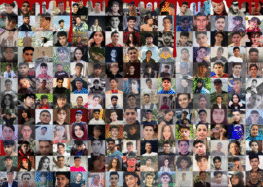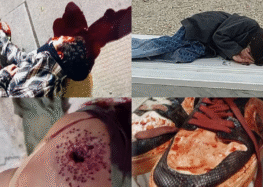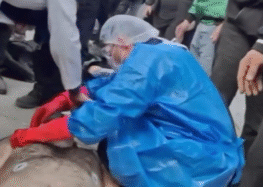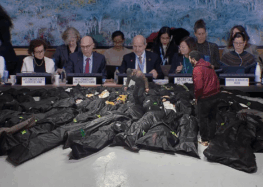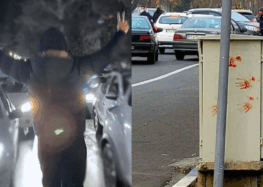UN Rights Chief Calls for Death Penalty Moratorium in Iran as Executions Skyrocket
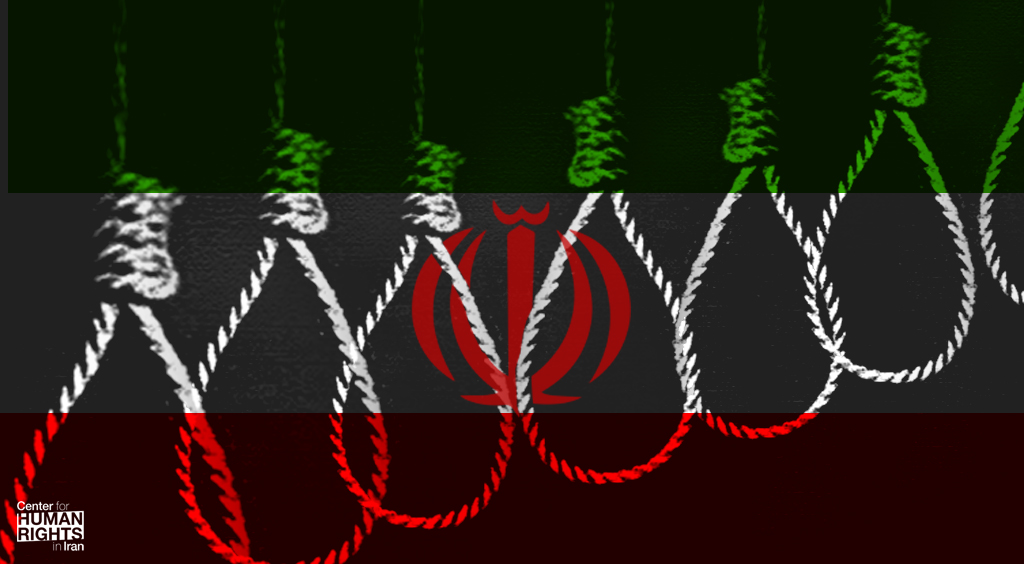
At Least 48 People on Death Row, 12 at Imminent Risk of Execution
“Proceedings consistently failed to meet due process and fair trial guarantees.”
July 28, 2025 — In a statement today, UN Human Rights Chief Volker Türk warned that Iran’s escalating use of the death penalty has reached alarming levels, calling for an immediate moratorium on executions.
According to the UN Human Rights Office, at least 612 people were reportedly executed in the first half of 2025—more than double the number during the same period in 2024—with minorities disproportionately affected.
Over 40 percent were convicted of drug-related offenses, which is not permissible under international law, as these crimes do not meet the threshold for capital punishment, while others faced vague charges like “enmity against God” and “corruption on earth,” which are often used to silence dissent and also violate international capital punishment standards.
Türk expressed particular concern over the growing number of individuals at imminent risk of execution, the use of vague charges to suppress dissent, and the persistent lack of due process or fair trial guarantees.
The UN rights chief also urged Iranian authorities to scrap a proposed espionage bill, which “dangerously broadens the scope of capital punishment,” and called for it to be rescinded.
The Center for Human Rights in Iran (CHRI) urgently reiterates its call for the international community to forcefully and in a coordinated manner demand that the Iranian government halts all executions and ends its systematic use of the death penalty as a tool of repression. CHRI also urges governments and international bodies to include concrete human rights benchmarks—particularly regarding executions and political prisoners—in all diplomatic and political engagements with the Iranian authorities.
Read the UN Human Rights Chief’s full statement below.
Türk calls on Iran to halt use of death penalty amid worrying surge in executions
Reports that there have been several hundred executions in Iran so far this year underscore how deeply disturbing the situation has become and the urgent need for an immediate moratorium in the country on the use of the death penalty, UN Human Rights Chief Volker Türk said today.
According to information gathered by the UN Human Rights Office, at least 612 people were reportedly executed in the first half of 2025. This is more than double the number during the same period in 2024, when the Iranian authorities reportedly carried out at least 297 executions. Minorities continue to be disproportionately affected by executions.
“It is alarming to see the reports that indicate there are at least 48 people currently on death row – 12 of whom are believed to be at imminent risk of execution,” Türk said.
Over 40 per cent of those executed this year were convicted of drug-related offences, while others were tried on broad and vague charges such as ‘enmity against God’ and ‘corruption on earth’, which are often used by the authorities to silence dissent.
“Information received by my Office also indicates that judicial proceedings in a number of cases, often held behind closed doors, have consistently failed to meet due process and fair trial guarantees,” Türk said.
Iran’s Guardian Council is currently in the final stages of reviewing a draft espionage bill that redefines “collaboration with hostile States”, punishable by the death penalty, to include acts such as online communication, collaborating with foreign media and so-called “ideological alignment”.
“This bill dangerously broadens the scope of capital punishment for espionage, and I call for it to be rescinded,” the High Commissioner said.
“The death penalty is incompatible with the right to life and irreconcilable with human dignity. Instead of accelerating executions, I urge Iran join the worldwide movement abolishing capital punishment, starting with a moratorium on all executions,” Türk said.

